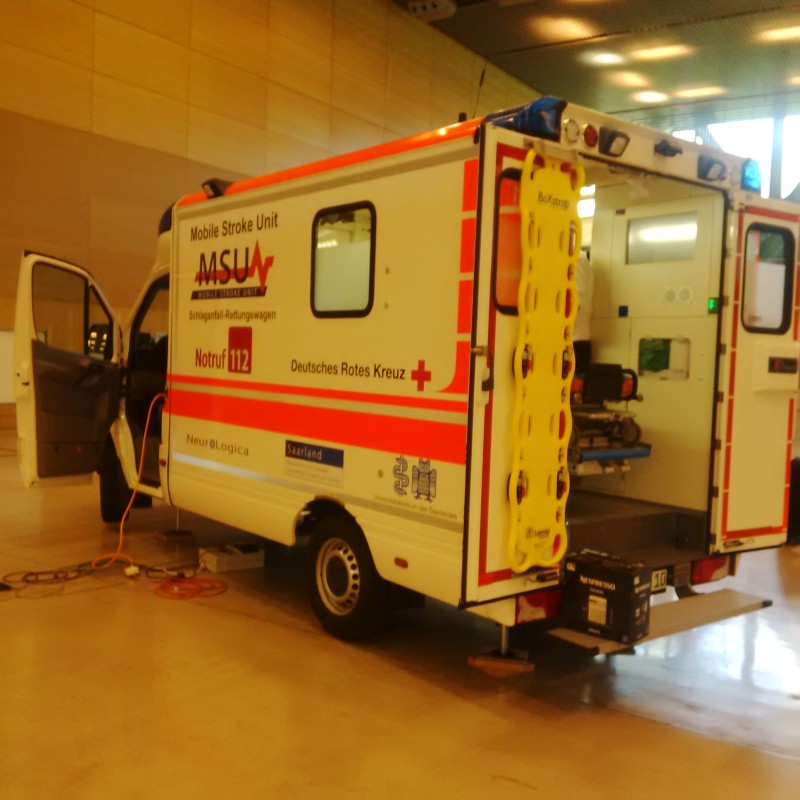
Oct 18, 2016
NewYork-Presbyterian launched an innovative mobile stroke treatment unit in collaboration with Weill Cornell Medicine, Columbia University Medical Center and the Fire Department of New York, according to a press release.
The mobile stroke treatment unit (MSTU) is an emergency vehicle deployed through 911 that is specially equipped to bring immediate care to patients who may be having a stroke. The team contains two paramedics, a CT technologist and a neurologist. The unit also contains all equipment and medications necessary to diagnosis and treat a stroke, according to the release. (more…)
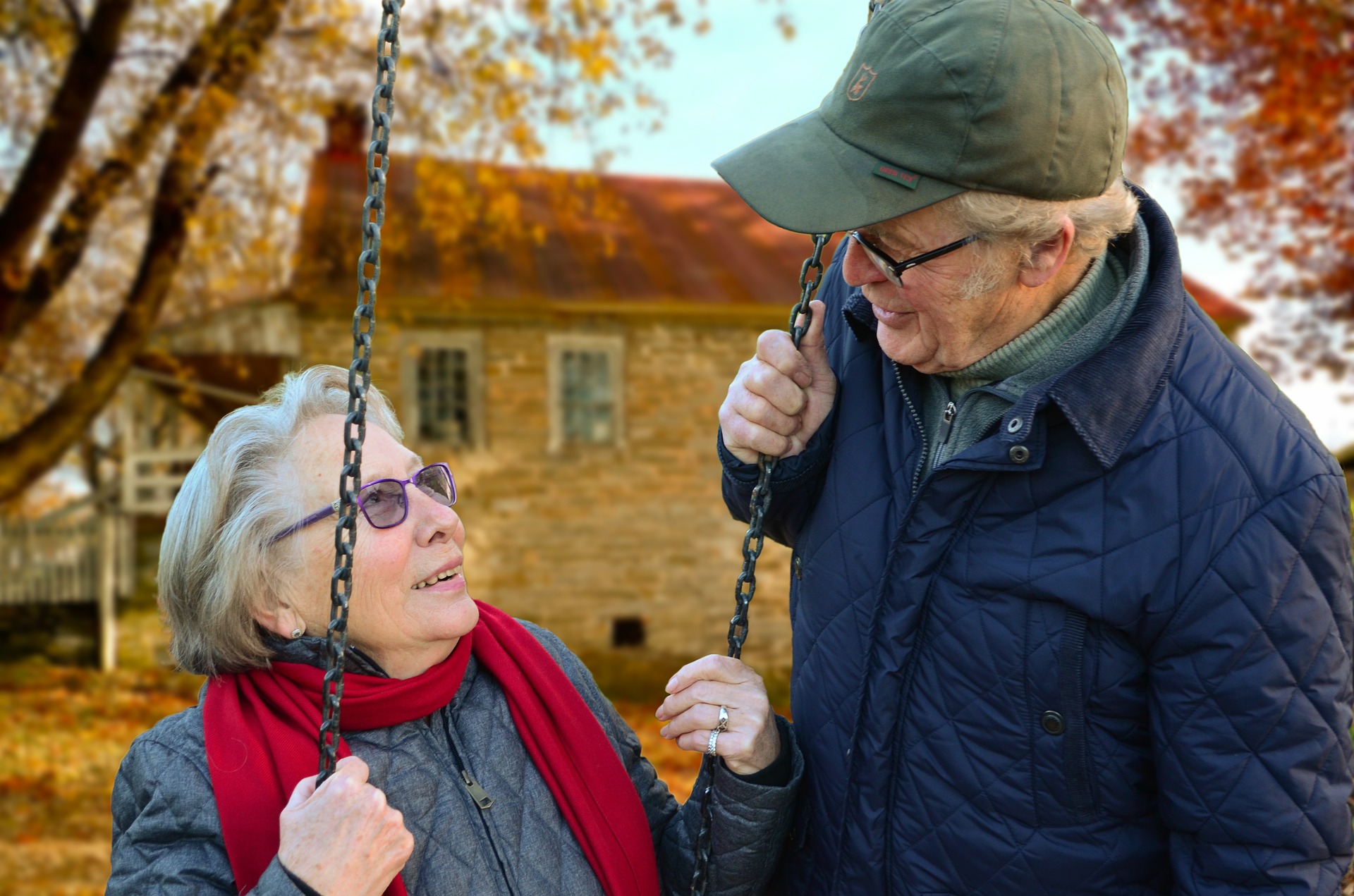
Oct 17, 2016
Rachel Lutz | https://www.hcplive.com/
When stroke or lower extremity surgery patients have strong social and family support, they often spend less time in an inpatient rehabilitation facility, according to findings presented in the journal Physical Medicine and Rehabilitation.
Researchers from the University of Texas Medical Branch at Galveston conducted a retrospective cohort study of inpatient rehabilitation facility patients recovering from strokes or lower extremity surgeries in order to discover the patterns in shorter and longer than expected lengths of stay in these facilities. The researchers additionally wanted to examine the independent effects of social support on deviations from expected lengths of stay.
The study authors included 119,437 Medicare fee for service beneficiaries who were discharged from inpatient rehab centers in 2012 after their strokes, lower extremity fractures or lower extremity joint replacements. (more…)
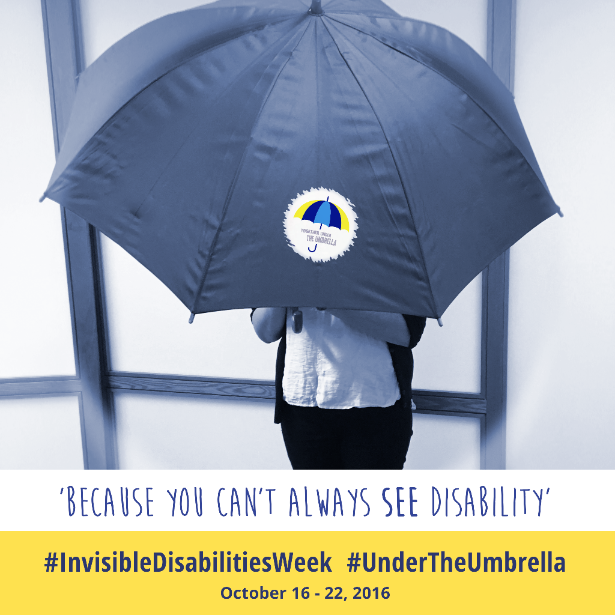
Oct 16, 2016
October 16th – 22nd is Invisible Disabilities Week.
Let’s make the invisible visible by supporting this initiative!
Invisible disability is a term that captures a whole spectrum of hidden symptoms or challenges that are primarily neurological in nature. (more…)
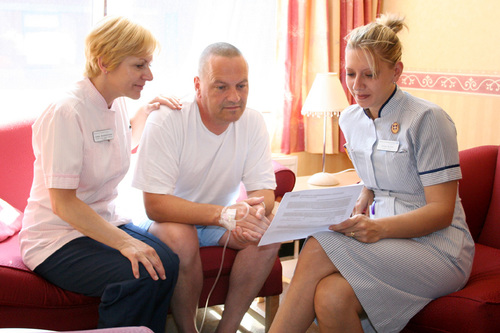
Oct 14, 2016
Following the news about Sutter Lakeside Hospital’s from Lakeport (USA) staff hitting the streets to bring preventative education to Lake County, we spoke with Sandra Levy, SAFE Vice President.

Image credit: nursingschoolhub.com
Sutter Lakeside Hospital’s Project
Beginning Thursday, Oct. 13, hospital staff members pledged to educate five friends or family members about the signs and symptoms of stroke using key ring tabs printed with the “BE FAST” acronym. Over 300 staff members are participating in this project. Staff are participating in the grass roots education initiative as part of SLH’s yearly education fair, a time when staff refresh clinical skills through presentations and hands-on practice.
Sutter Lakeside Hospital serves as the only Certified Stroke Center in Lake County, and uses telemedicine technology to connect patients with top neurointerventionalists at California Pacific Medical Center in San Francisco.
According to Sandra Levy, it is hard to say if it could be generalized to other places, but it’s an interesting idea – very beneficial for Health Centre staff to maintain their contact with the community at large and feel responsible for preventing strokes to the best of their ability. Obviously it is also very beneficial for the public, firstly because of the crucial knowledge they gain and the “buzz” around stroke in the area, leading to more awareness concerning stroke stroke in general and warning signs in particular. The credibility of such a program may be higher if those recruited to inform others were not allied with a private, profit making institution.
It would be interesting to try and create a pyramid for such an activity (having each person informed pass on the information to 5 of his friends) or model of “crowd funding” for recruiting volunteers to do so, said Sandra, adding that she would like to see more accuracy with Sutter Lakeside Hospital’s figures, as the “window” for emergency treatment preventing debilitating effects after a stroke is today generally accepted as 4,5 hours for patients eligible for thrombolytic therapy and 6 hours for those eligible for trombectomy.
Obviously the quicker one arrives at emergency care, the higher the chances of complete recovery, she concluded.

Oct 13, 2016
By Morgen Wells
LAKEPORT >> Sutter Lakeside Hospital staff are hitting the streets to bring preventative education to Lake County.
Beginning Thursday, Oct. 13, hospital staff members will pledge to educate five friends or family members about the signs and symptoms of stroke using key ring tabs printed with the “BE FAST” acronym. Over 300 staff members are participating. (more…)

Oct 13, 2016
FORT LAUDERDALE, Fla. (Ivanhoe Newswire) – Today, there seems to be an app for just about everything. Now new technology can give patients and doctors critical time when they need it most.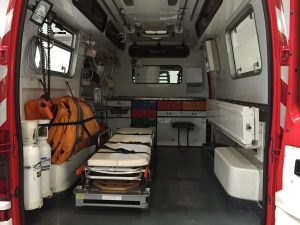 (more…)
(more…)
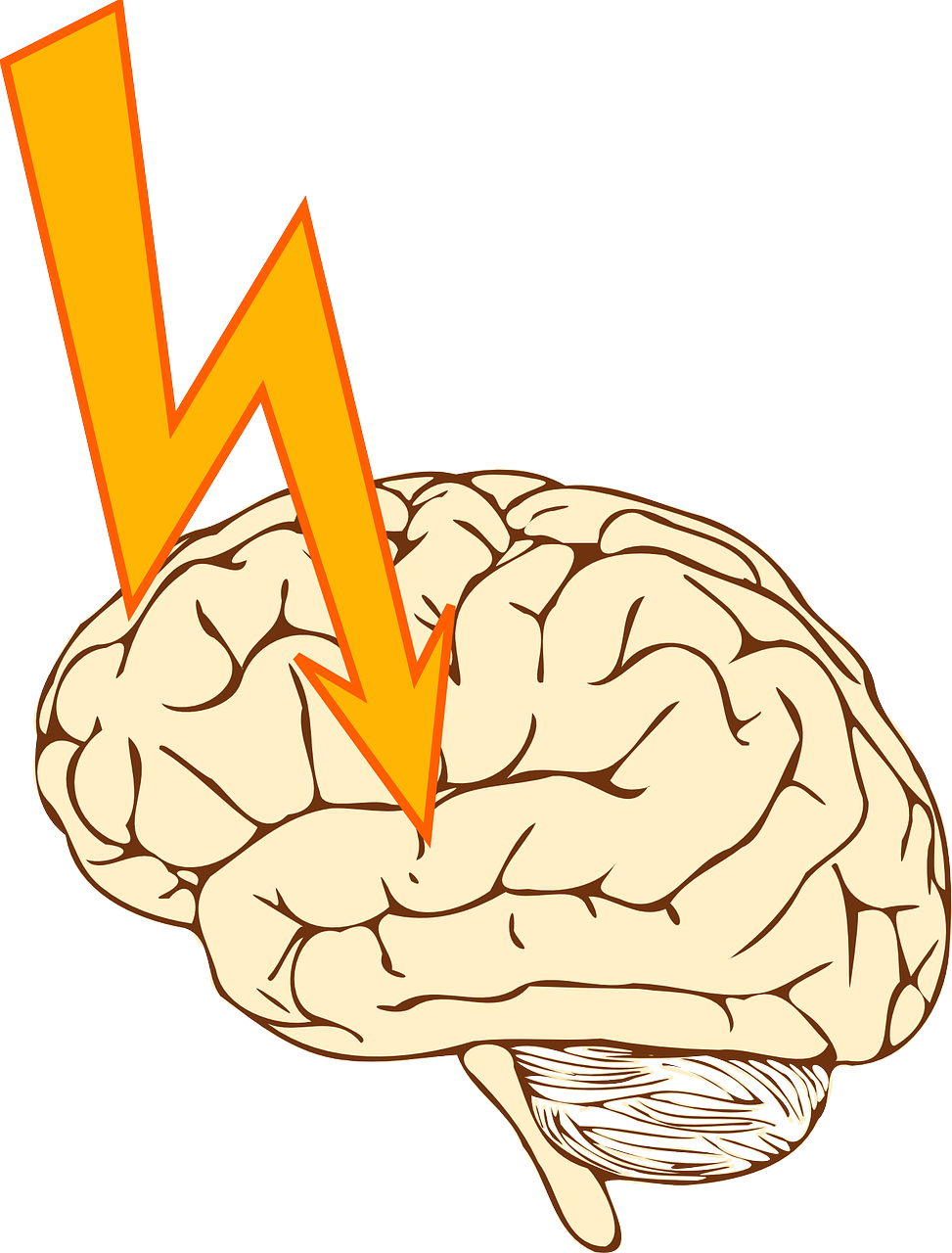
Oct 11, 2016
Oct 07, 2016 | Dava Stewart
A review of the current literature regarding minor stroke and transient ischemic attack (TIA) shows that more comprehensive care could lead to less disability as well as be cost effective. The review, conducted by Aleksandra Yakhkind, MD, of the Department of Neurology at the Warren Alpert Medical School of Brown University in Providence, RI, and colleagues, was published in the journal Frontiers in Neurology recently. (more…)

Oct 10, 2016
Written by Hannah Nichols
Published: Friday 7 October 2016 at www.medicalnewstoday.com
Different triggers spark stroke, injuries, and neurodegenerative diseases, but the molecular chain of events responsible for brain cell death in these conditions are the same. Johns Hopkins researchers have isolated the single protein at the end of the chain that delivers the fatal blow and hacks up a cell’s DNA.
The findings – published in the journal Science – could pave the way for new therapies to stop the process in its tracks and potentially prevent brain cell death. (more…)
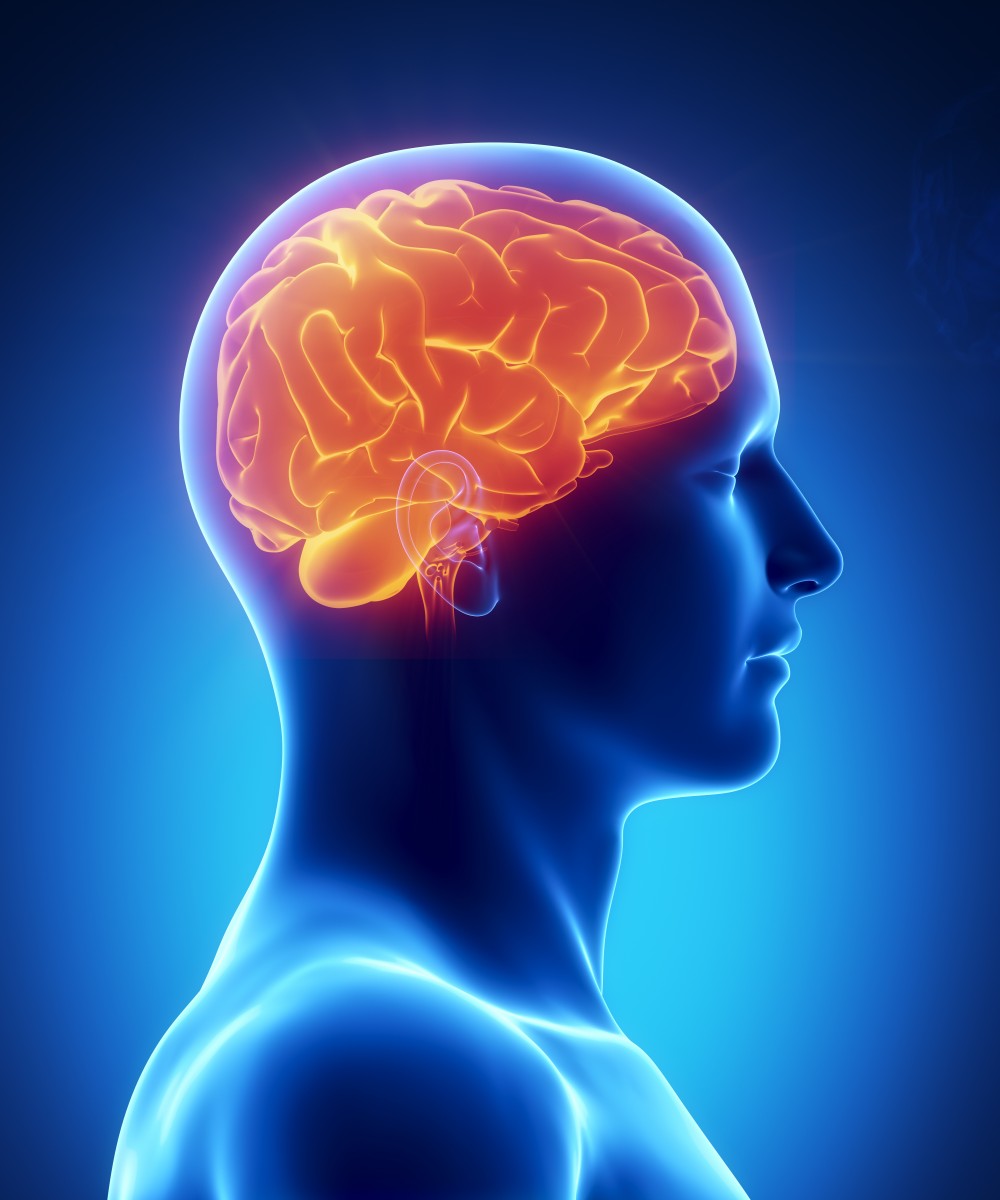
Oct 7, 2016
Samson, Kurt
Post-Stroke Depression Eight Times Higher than Average, Danish Study Finds
The incidence of depression in the early months after a first stroke was eight times higher than average, according to a population-based study in Denmark, and patients with a history of prior depression or more severe stroke were especially vulnerable.After three months the rate fell significantly, yet it was still two times higher at two years, according to the study published online September 7 in JAMA Psychiatry. (more…)

Oct 6, 2016
For decades, warfarin was the only oral blood thinner available to reduce the risk of stroke for patients with atrial fibrillation. Warfarin use is cumbersome, because it requires ongoing blood test to monitor the effect and has numerous drug and food interaction. Now a number of non-vitamin K antagonist oral anticoagulant (NOAC) drugs are available for patients with atrial fibrillation and claim to revolutionize the care for patients with atrial fibrillation. (more…)















